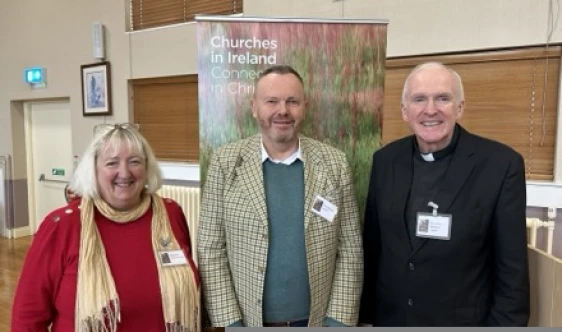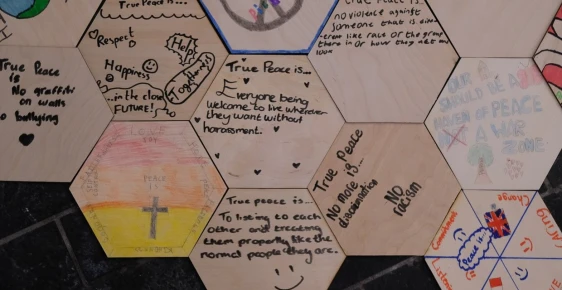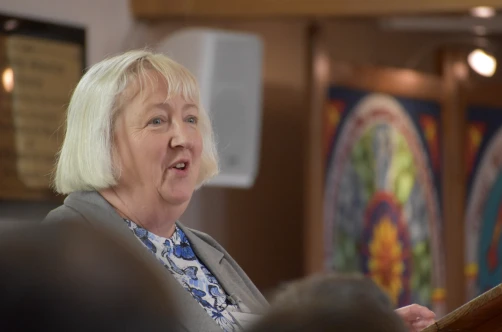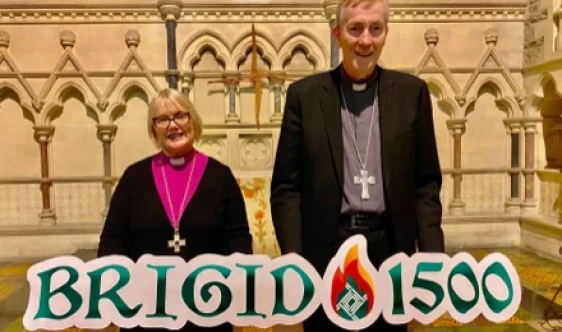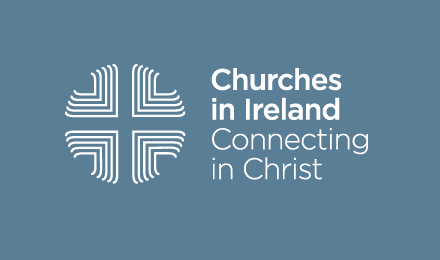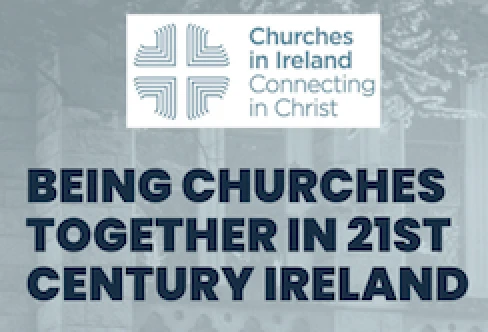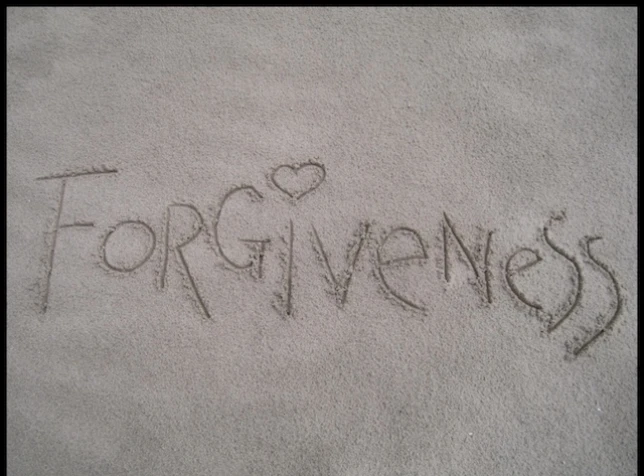
I recently attended a conference held by Thrive Ireland about Christian Peace–building in Northern Ireland with lessons shared from a Rwandan and Zimbabwean perspective. This will be the first in a two part series sharing from the conference, firstly with a Rwandan perspective on forgiveness.
With the current atmosphere of uncertainty in Northern Ireland ever increasing due to various issues – Brexit and political stalemate just to name a few – this conference highlighted the importance of sharing experiences and hope as a way of reimagining Christian peace building in Northern Ireland on a global scale.
The conference emphasised that contexts which seem far removed from the situation in Northern Ireland can bring about the global partnership that we need to transform into a society that can thrive and flourish. Learning from innovative peace projects on a global scale can help transform the way we think about peace and reconciliation. Although the situation in Northern Ireland may not seem as life–threatening as the situations faced by those speaking out in Rwanda or Zimbabwe, we are still stuck in a downward spiral of hopelessness which causes people to become indifferent to the failings of our society.
The Church has been seen as a place of refuge and hope for many centuries, even with its own problems and divisions. Christians are responsible for shining the light of hope while acknowledging where we have gone wrong and what we, ourselves, have neglected.
With the ‘legacy of the past’ coming to the forefront of Church and society’s mind more over recent years, the language of forgiveness has come under question in various spheres.
This is where we can learn from the example of others. Christophe Mbonyingabo (CARSA – Christian Action for Reconciliation and Social Assistance) shared about life after the Rwandan genocide. Victims and perpetrators lived in the same towns and this created the need for true forgiveness and reconciliation. This was done by bringing together all parties involved and facilitating community dialogue.
For the victim, being neighbours with the person who played a part in harming you or your family often brought negative emotions of loss resulting in the feeling of being burdened, often spiritually burdened. Christophe shared that for healing to happen, the victim may have to choose to forgive without having an apology. This is a way of setting yourself free and allowing the emotions that you hold against the perpetrator to come out. This can feel like losing twice because the negative emotions are let go. Forgiveness is a journey for the victim, in which they may not know exactly where their destination is but they will become lighter and lighter by removing the burdens along the way. Forgiveness cannot and should not be forced but if the victim does accept this sense of losing as their own choice, they allow themselves to live again.
For the perpetrator, it is important that they come to understand how their actions have affected the victim. Here, Christophe shared an illuminating realisation that giving an apology and repentance are very different. Repentance or confession comes about with a deep understanding of your wrongs, while an apology can lack this meaning. Once the perpetrator understands the effects of their actions they take responsibility, rather than giving justifications and excuses. This is a shared journey for both the victim and the perpetrator where, once they come together, the restoration process to rebuild trust and unity can begin.
Christophe highlighted the focus on listening rather than accusing throughout this challenging process. People look for their story to be legitimised at the cost of someone else. The idea that everyone has a different account for the same event is strikingly true for own ‘peace process’ in Northern Ireland. Christophe also shared on how, even 25 years after the genocide, the need for this journey of forgiveness is still there. Contrary to the belief of some in society, time does not heal wounds. Again, we can see this in our own conflict where, even after the 20 year anniversary of the Good Friday Agreement, communities are still suffering from the effects of the Troubles.
The lessons we can learn as individuals with a passion for peace–building, as churches or faith based organisations, are astounding, when we look at how similar issues of forgiveness are targeted on a global scale. The burdens that victims carry with them for years can be given to someone who cares because of the Cross. As the Church, this is what we need to be sharing when it comes to forgiveness and the future.
For more information on Thrive Ireland:
https://www.facebook.com/nithrive2015/
https://twitter.com/Thrive_Ireland
